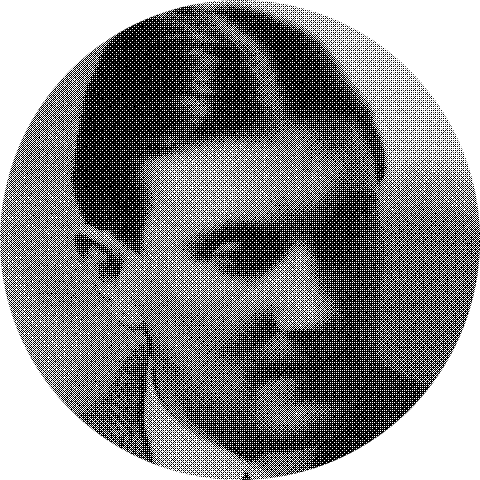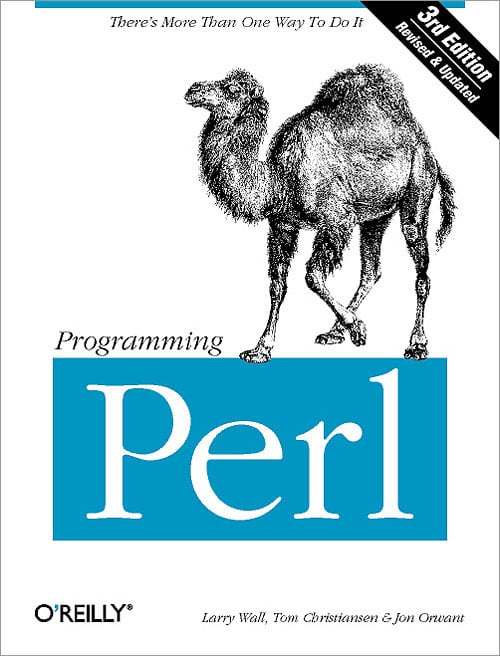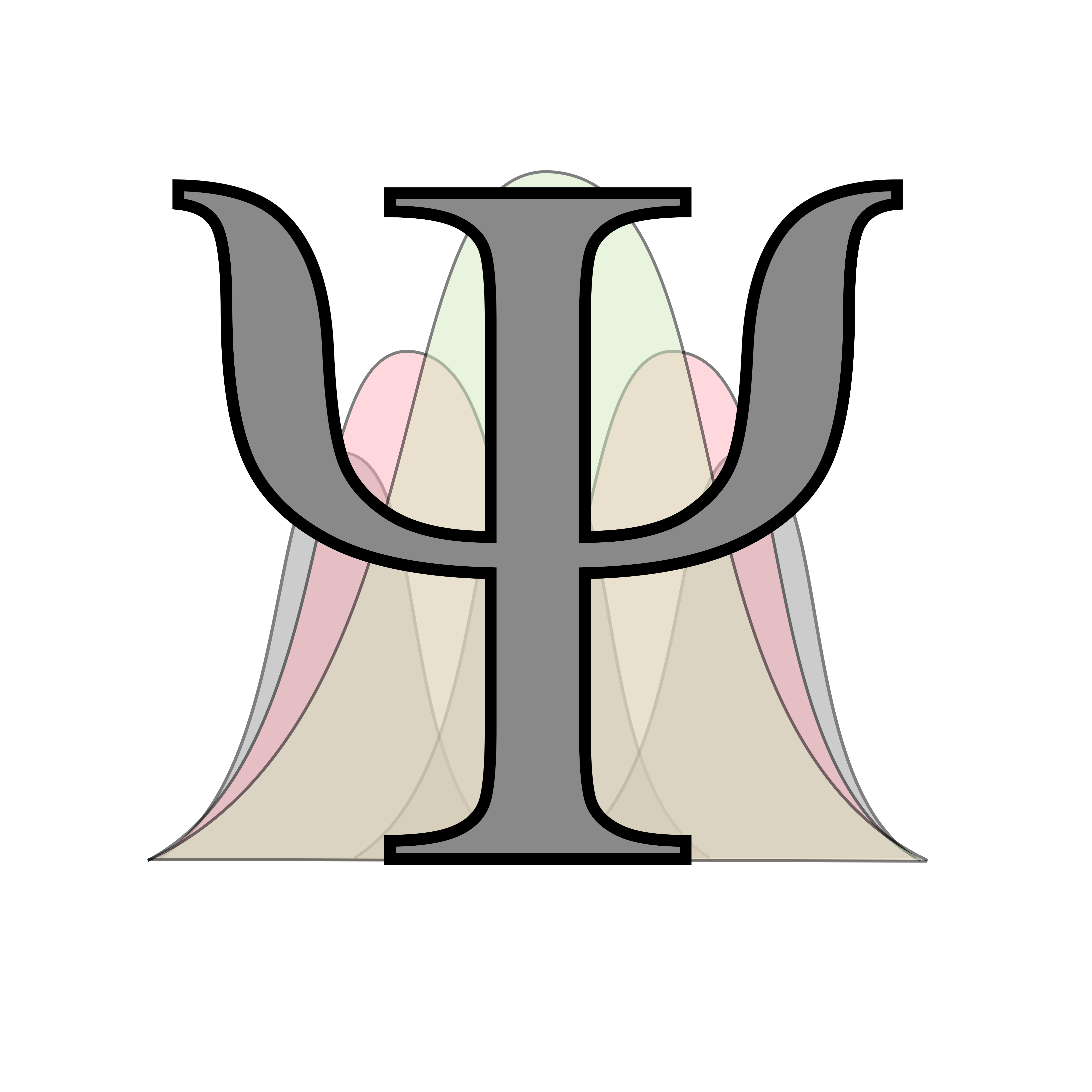

IBM provided business machines (internationally, even) to Nazi Germany, probably a big help in bureaucratically processing those millions of murders they were doing. I can’t (or perhaps, “won’t” is truer) imagine how much cloud compute a modern genocide requires.
















1000% chance it’s Distributed Autonomous Organization (cryptoshit) and not the one and true Way.